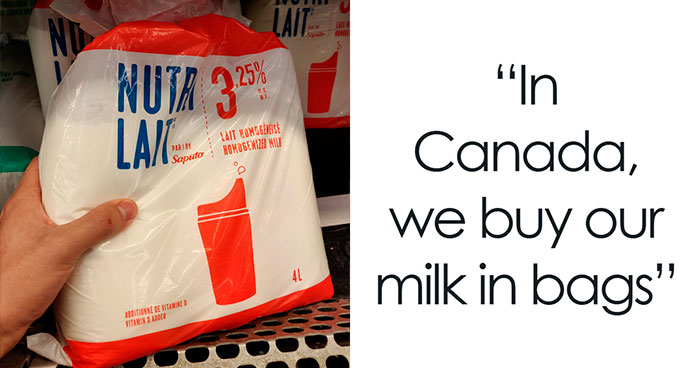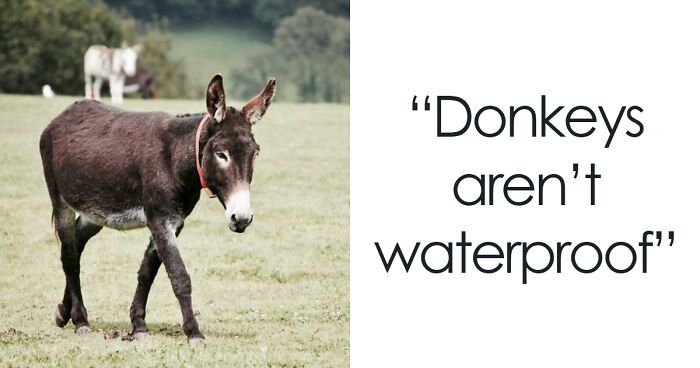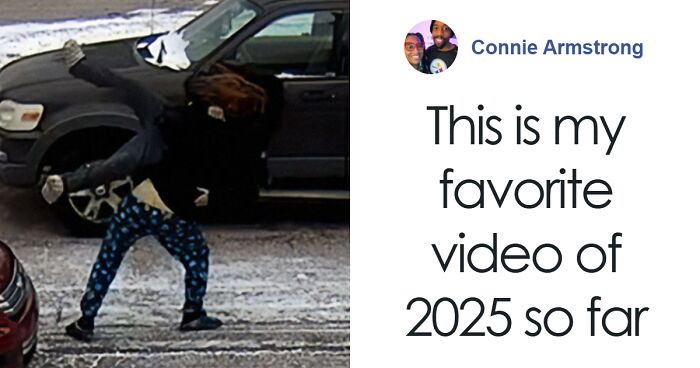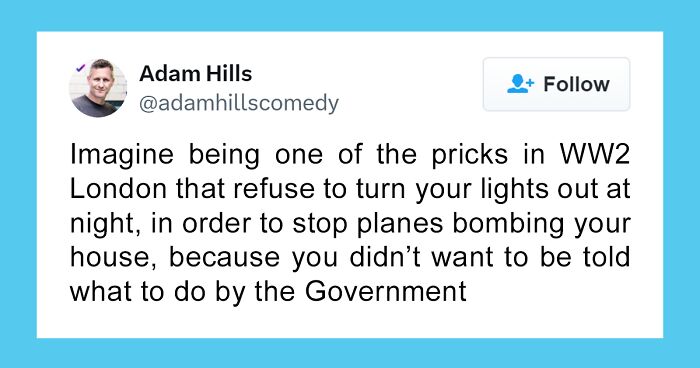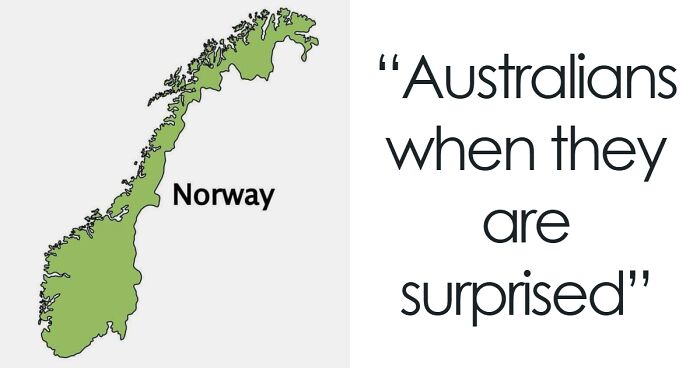
50 Times People Succumbed To Pareidolia And Saw What Wasn’t Really There (New Pics)
Interview With ExpertHumans tend to anthropomorphize things: we give names to our pets, plushies, and even cars and boats. For me, a pack of colored pens once served as all the X-Men during childhood playtime. Other times, we see things that aren't really there, like faces in rocks or shapes of dogs in the clouds.
We call the phenomenon 'pareidolia,' and it's an interesting way our brains trick us into anthropomorphizing inanimate objects. Have you ever thought that the front of your car looks like a face? That's pareidolia. Want to see some crazy things people spotted and thought they looked like something else? Scroll away!
Bored Panda wanted to understand pareidolia better, so, we reached out to researcher Mark T. Hamilton. He's a Ph.D. student at the MIT Computer Science & Artificial Intelligence Laboratory and has studied why we see faces in things. He kindly agreed to share his research insights with us, so, be sure to check them out below!
This post may include affiliate links.
I Am Froot
I Had To Move A Lilac Bush In My Yard A Few Years Ago, And I Spotted This Root That Looked Like A Little Dancer. I Liked Her So Much I Kept Her :)
I Found A Mushroom That Looks Like A Little Owl
If you have ever started seeing faces in clouds or were thinking that your teapot might be smiling at you, don't worry, you're not crazy. Pareidolia is common for a lot of us. Still, it's interesting why our brains are seemingly wired to see faces everywhere: is it because we like to give anthropomorphic qualities to everything?
Researcher Mark Hamilton and his team completed their research on pareidolia in 2024 and have some theories about why we tend to see eyes, noses, and mouths everywhere. The researchers think that pareidolia is just our way of protecting ourselves.
My Mum Sent Me These Photos Of A Plant Growing Outside Of Her Work. How Does It Have The Perfect Mouth , Nose But Also Eyes !
The magnificent Gymea lily. Really amazing and beautiful Australian wolf flowers. The flower spike can go several meters tall.
Hand-Shaped Icicle
These Two Rocks Look Like A Mother Breastfeeding Her New Born Child
In a way, pareidolia is the result of our survival instinct. "Our research points to the fact that it might be because of the need to quickly parse and identify animal faces," Hamilton told Bored Panda. "Possibly for things like avoiding predators and catching prey."
Interestingly, humans aren't alone in seeing faces in places where there are none. "Other research that we reference in our paper shows even rhesus monkeys experience pareidolia," Hamilton added. "Pareidolia happens very quickly in the brain, a sign that it's a deep-rooted evolutionary artifact."
I Spilled Some Milk And The Puddle Looks Like A Derpy Ghost!
After I Poured Milk Into My Coffee, I Found Snoopy On The Doghouse Under The Moon
Zombie Foot Tree Trunk
In their research, Hamilton and his team first fed a state-of-the-art face detector images of human faces. They asked it to recognize faces in pareidolic images. The algorithm didn't do so well, with only a 9% average precision. When the algorithm was trained on pareidolic images, on the other hand, it was way more precise and had a 36% AP.
My Dog Has A Silhouette Of A Fat Cat In His Fur Pattern
The Fuzz On My Sock Looks Like A Flamingo
I Found A Leaf Shaped Like A Manta Ray
"Our research specifically showed that algorithms trained on human faces alone didn't see nearly as much pareidolia as algorithms trained on human and animal faces," Hamilton says. Training the algorithm on animal faces made it recognize pareidolic images even better. Hamilton believes it's because the algorithm generalized beyond just human facial features.
A Piece Of Ice Cream Dropped From My Spoon As I Was Scooping And It Looks Like A Tiny Shark
This Onion Looks Like An Angry Bird
Just A Friendly Little BBQ Bear
When the algorithm is trained on animal faces it starts thinking about faces more abstractly. "If you think about it, animal faces have a ton of different variants and colors, which might explain why we can see pareidolic faces that look nothing like human faces," Hamilton explains.
This Chair In The Hospital Waiting Room Is Not Very Happy About Being Sat On
Lil’ Ducky In The Soup
I Ate Fried Onion Rings With A Roasted Chicken Which According To My Friends Looks Like A Dog?!
If the AI recognizes pareidolia better when it's trained on a more diverse set of faces, does that mean that we, humans, start seeing more faces in things as we age and have seen more living faces of all kinds? Not really. According to Hamilton, other research shows that pareidolia in humans emerges very young. One study even found that fetuses respond to face-like patterns by shining lights into the womb!
This Moth Has Spots Like Skulls On Its Wings
Reflection Of A Dog
Shark Cloud With Moon Eye
Another interesting fact is that there are also gender differences in who sees more pareidolia. "Women see more pareidolia than men, and pareidolic faces tend to be perceived more often as male, both in our dataset and in the broader literature," Mark T. Hamilton tells Bored Panda.
A Duck
Today's Sun Eclipse As Seen At Sunset Resembled A Giant Cat's Head
My Dog Had A Paw Print On His Paw
The thing that surprised Hamilton and his team most during their research was that pareidolia and detecting animals are linked in modern algorithms. "That's not often connected," he told us. "This helps make sense of a lot of the different pareidolia observations out there. Like its observation in monkeys, its fast response time, even perhaps its skew towards male faces (which one could argue are more correlated with predator traits like strong jaws, harder noses, etc)."
My Mosquito Bite Turned Into A Frog Outline
This Tree Branch That Looks Like A Dragon
that is a dragon, and no one can change my mind, they are just staying VERY still
Was Going For A Walk Last Night And I Stopped Dead In My Tracks - It Looks Like A Person In The Tree... Creepy Af
Hamilton's team also had some fun during their research. Apparently, the algorithms are quite good at finding pareidolic doppelgängers for animals. It turns out that lions can look like pancakes, some seals look eerily similar to pears, and mice resemble melons! You can see the hilarious examples right here!
Wood You Look At That!
Seedpods That Look Like Tiny Skulls
Somebody In The House
The team also wrote down some equations that roughly predict when and where people might see pareidolia. Then, they verified them with human psychophysics studies. "The equation and studies show that there's a "goldilocks" zone of "complexity" in a scene where faces are more likely to pop out," Hamilton explains. You can see a graphic or what's too much pareidolia and what's too little here."
A Rock That Looks Like An Old Man
This Almond In My Salad Looks Very Unimpressed
Wood You Look At That
My Mom Sent Me A Picture Of Her Water Bottle With The Caption "I'll Get You Next Time Optimus!"
This Tomato From My Garden Is Shaped Like A Bunny Head
Dinosaur Or Reptile Head Shaped Rock
These Water Stains On My Car Look Like Gorillas
Cave In Thailand Looks Like A Giant Petrified Snake
I Can Mark “Dragon” Off My Animal Sightings Checklist!
My Brother Dropped A Watermelon And There Was A Tongue Inside
Hotel Room Light Is Skeptical Of Me
The Shadow Of That Bike Looks Like A Xenomorph
This Rare Bird I Spotted - Leafus Flukus
I Feel Like The Universe Is Telling Me To Get A Dog
This Pregnant Mouse's Butt Looks Like A Mouse
Emo Eggplant
Natural Cameo Formed On This Stone
This Face On My Dog's Paw Pad
Afraid Of The Spring
Note: this post originally had 120 images. It’s been shortened to the top 50 images based on user votes.
I thought this was a plastic bag on our driveway, was about to go out and pick it up, then realised it was our Yuki!! x I-thought-...c0-png.jpg 
I thought this was a plastic bag on our driveway, was about to go out and pick it up, then realised it was our Yuki!! x I-thought-...c0-png.jpg 

 Dark Mode
Dark Mode 

 No fees, cancel anytime
No fees, cancel anytime 










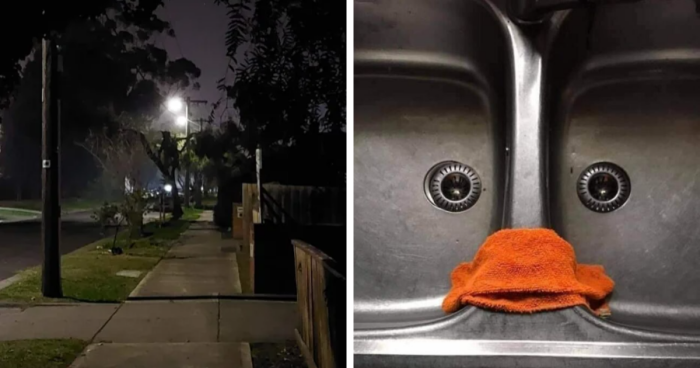



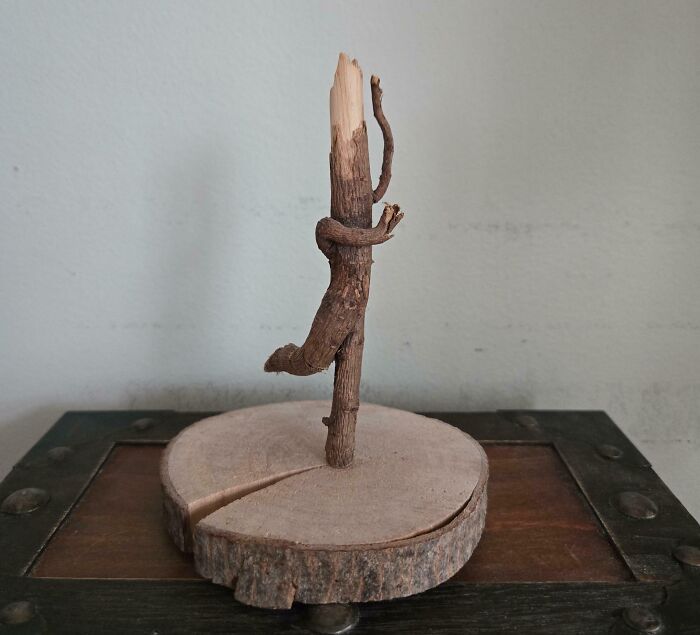





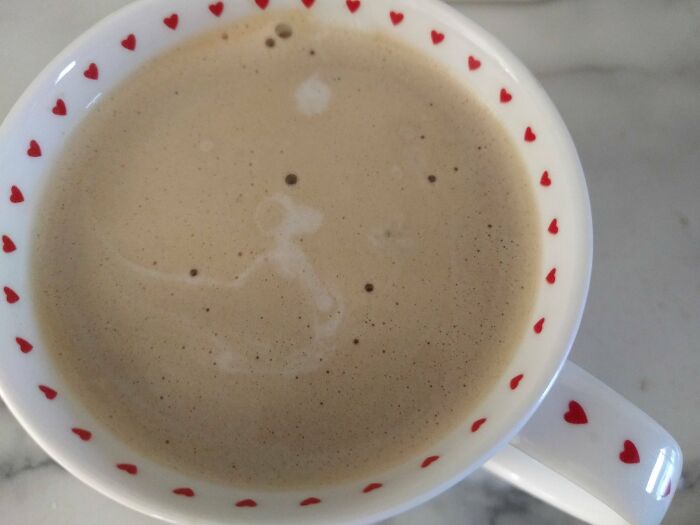
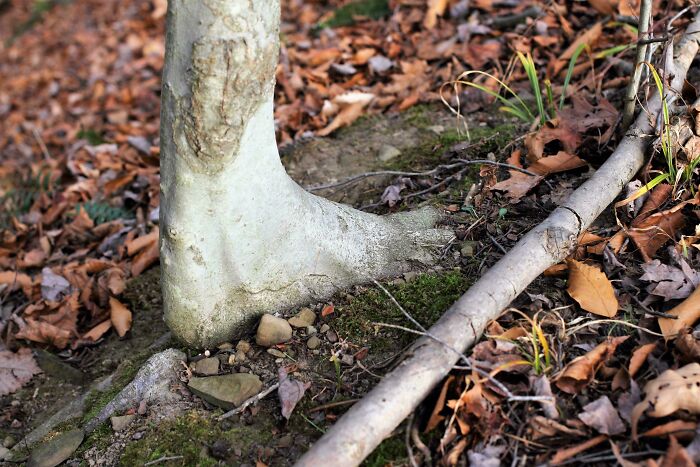

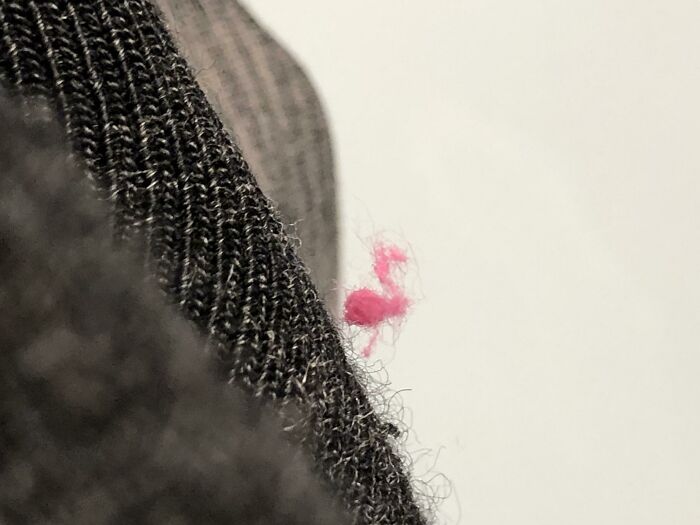



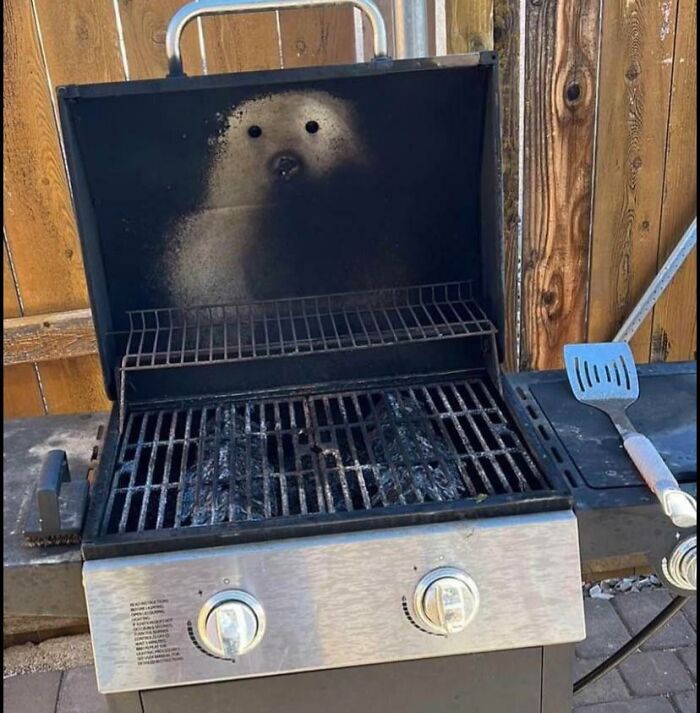










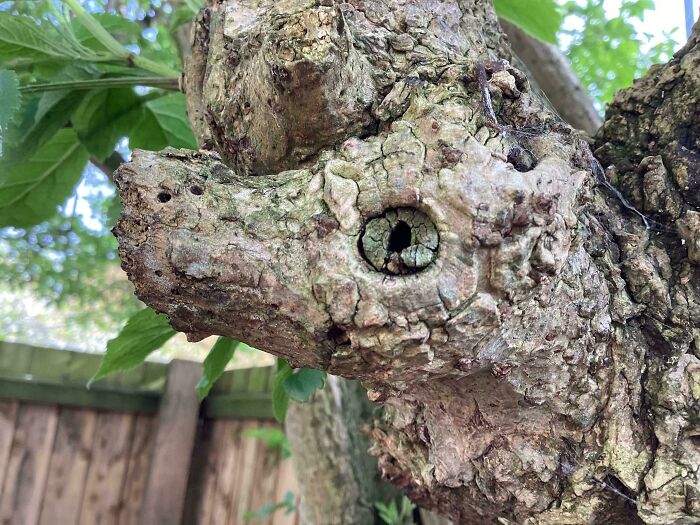























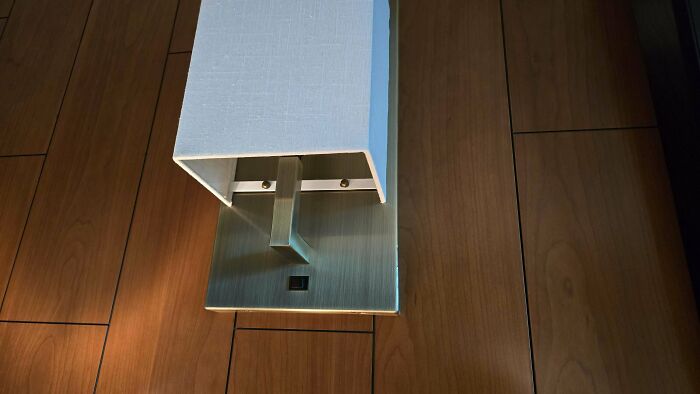





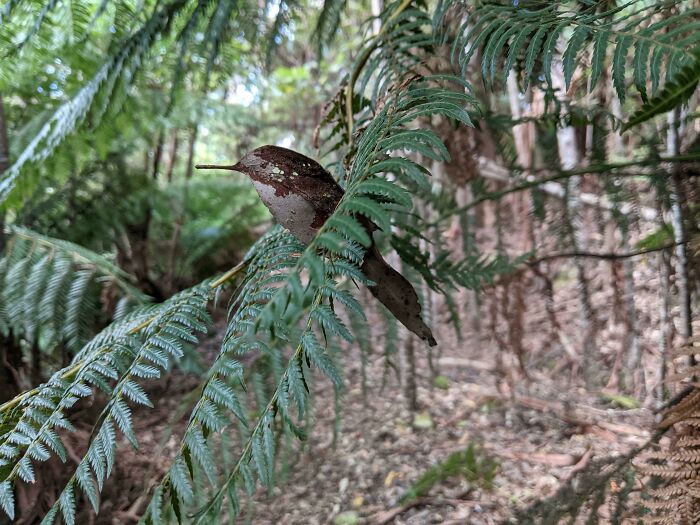



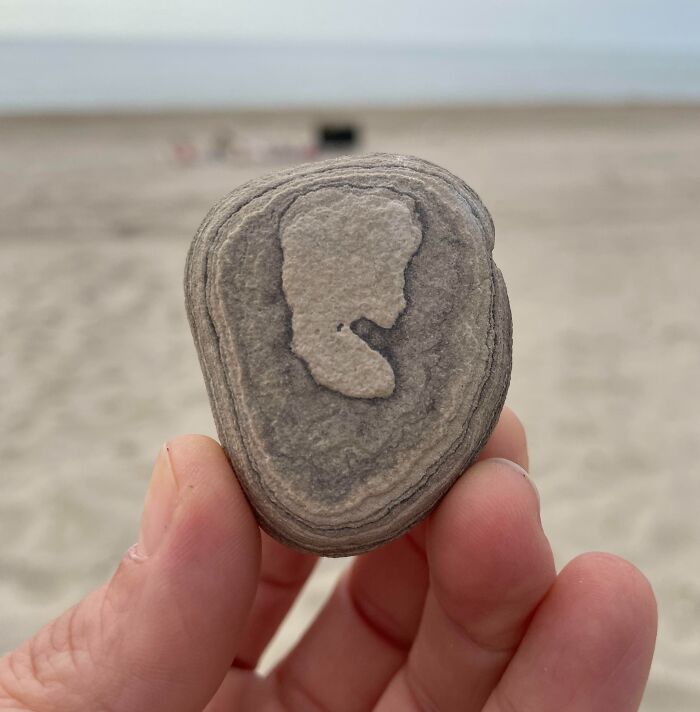






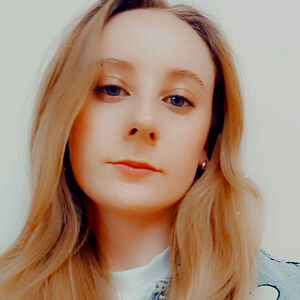




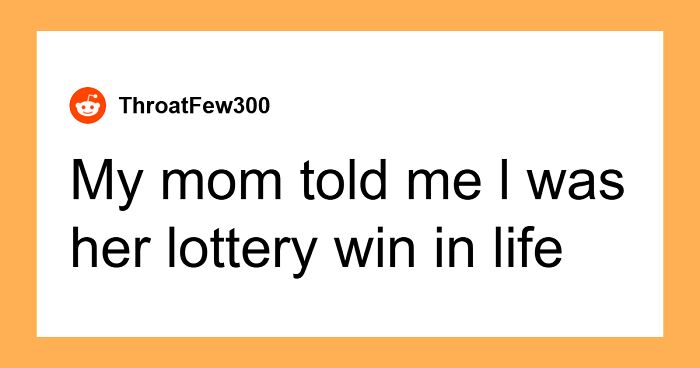

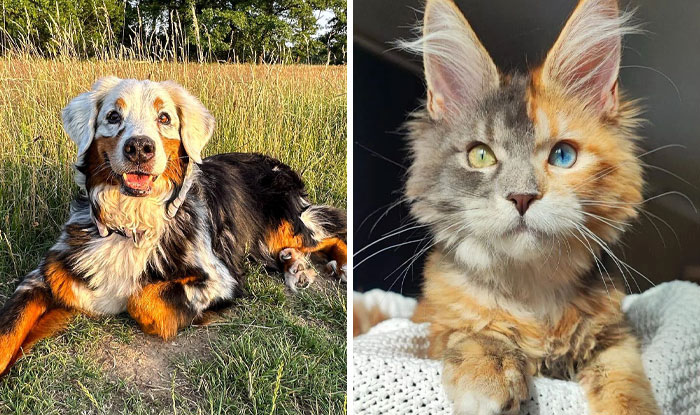
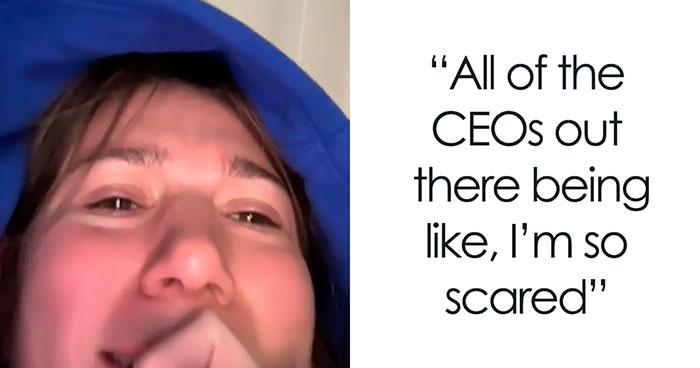
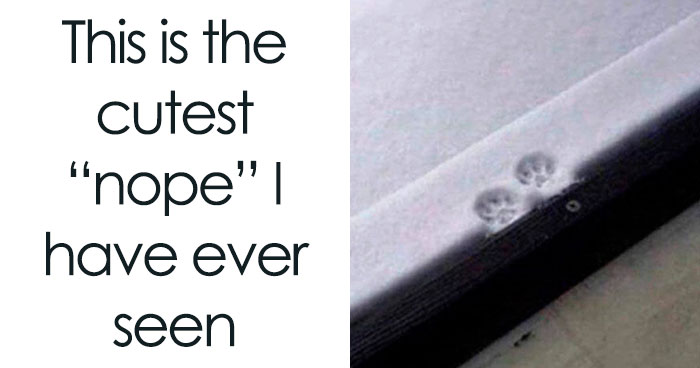
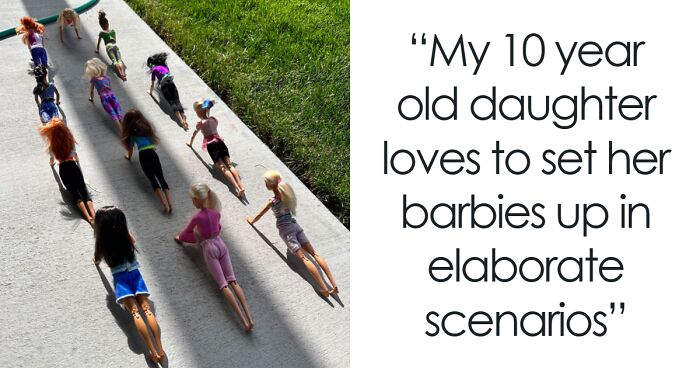

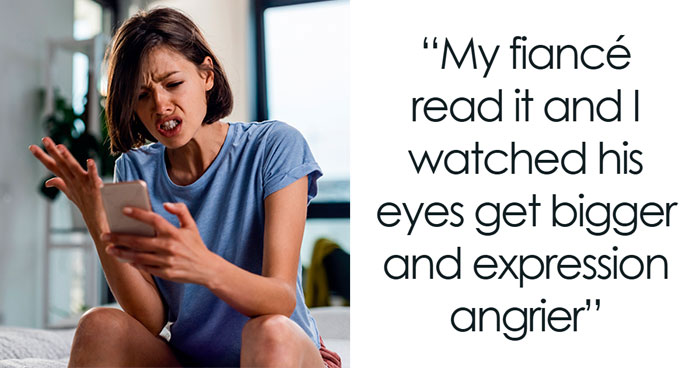



![“AITA For Losing [It] And Screaming At GF To Get Out Of My House After What Her Stepbrother Did?”](https://www.boredpanda.com/blog/wp-content/uploads/2025/01/man-screams-gf-over-creepy-stepbrother-fb18-png__700.jpg)

